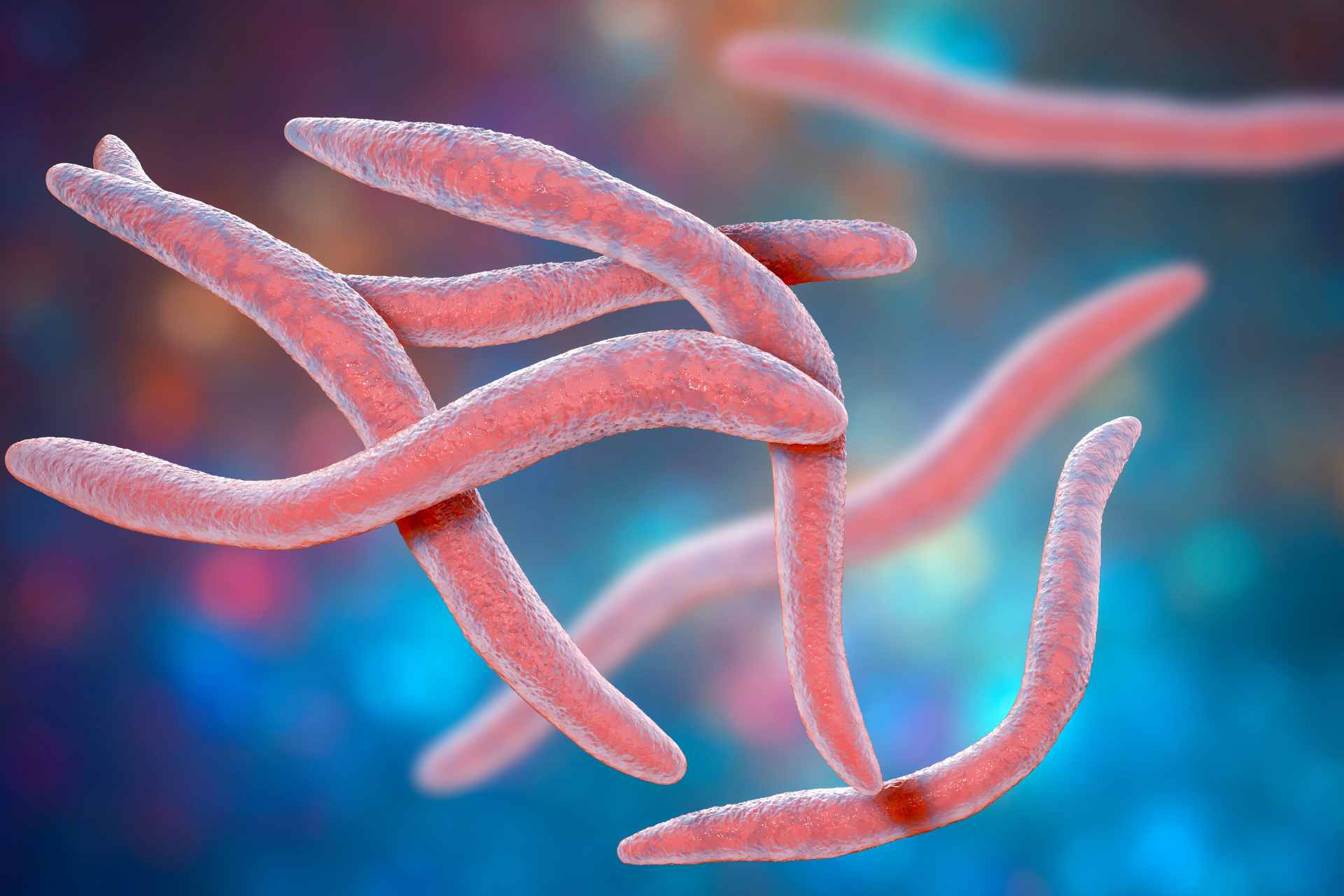Colorectal tumors are among the most common and deadly cancers worldwide, and they often harbor harmful bacteria such as Fusobacterium nucleatum, which can promote cancer growth and reduce treatment efficacy. Now, researchers have created a special nanoparticle that can kill cancer cells and harmful bacteria within colorectal tumors, boosting treatment efficacy.
The findings, published in Cell Biomaterials, suggest that nanoparticle-based approaches are a promising strategy for treating colorectal cancer.
Previous research has shown that Fusobacterium nucleatum and other bacteria living inside tumors play a major role in how cancer starts, grows and responds to treatment. Because antibiotics can harm good bacteria and cause resistance, scientists are seeking to develop precise treatments that target these microbes inside tumors to improve cancer therapy.
As part of these efforts, researchers led by Wen Wu at Fudan University Shanghai Cancer Center in China developed a new nanoparticle-based approach designed to precisely target and kill Fusobacterium nucleatum.
Nanoparticle approach
The researchers loaded the nanoparticles with a natural anti-cancer compound and coated them with membranes from cancer cells, which help the nanoparticles recognize and stick to both tumor cells and the bacteria.
Lab tests showed that the nanoparticles were stable and could slowly release the anti-cancer compound. They could also bind specifically to Fusobacterium nucleatum. In tests done in lab dishes, the nanoparticles were not toxic to normal cells, but they targeted and killed cancer cells and the bacteria infecting them.
In mice, nanoparticles with a cancer cell coating accumulated more and longer in tumors compared to those without it, helping to target cancer cells and bacteria specifically.
Delivery platform
Further tests in mice showed that the treatment eliminated Fusobacterium nucleatum inside tumors while leaving other bacteria mostly untouched. The nanoparticles boosted the immune system’s response by increasing the number of immune cells that help the body recognize and attack cancer.
Mice treated with the nanoparticles also had reduced tumor size, the researchers found. These results show that such “Trojan horse” treatment can precisely targets both harmful bacteria and cancer cells in colorectal tumors.
This approach can improve cancer treatment by activating the immune system and overcoming bacteria-related resistance, the authors say. “[It] opens up new windows
for the precise treatment of other pathogen-induced drug-resistant cancer or infectious diseases using versatile delivery platform in the future.”









